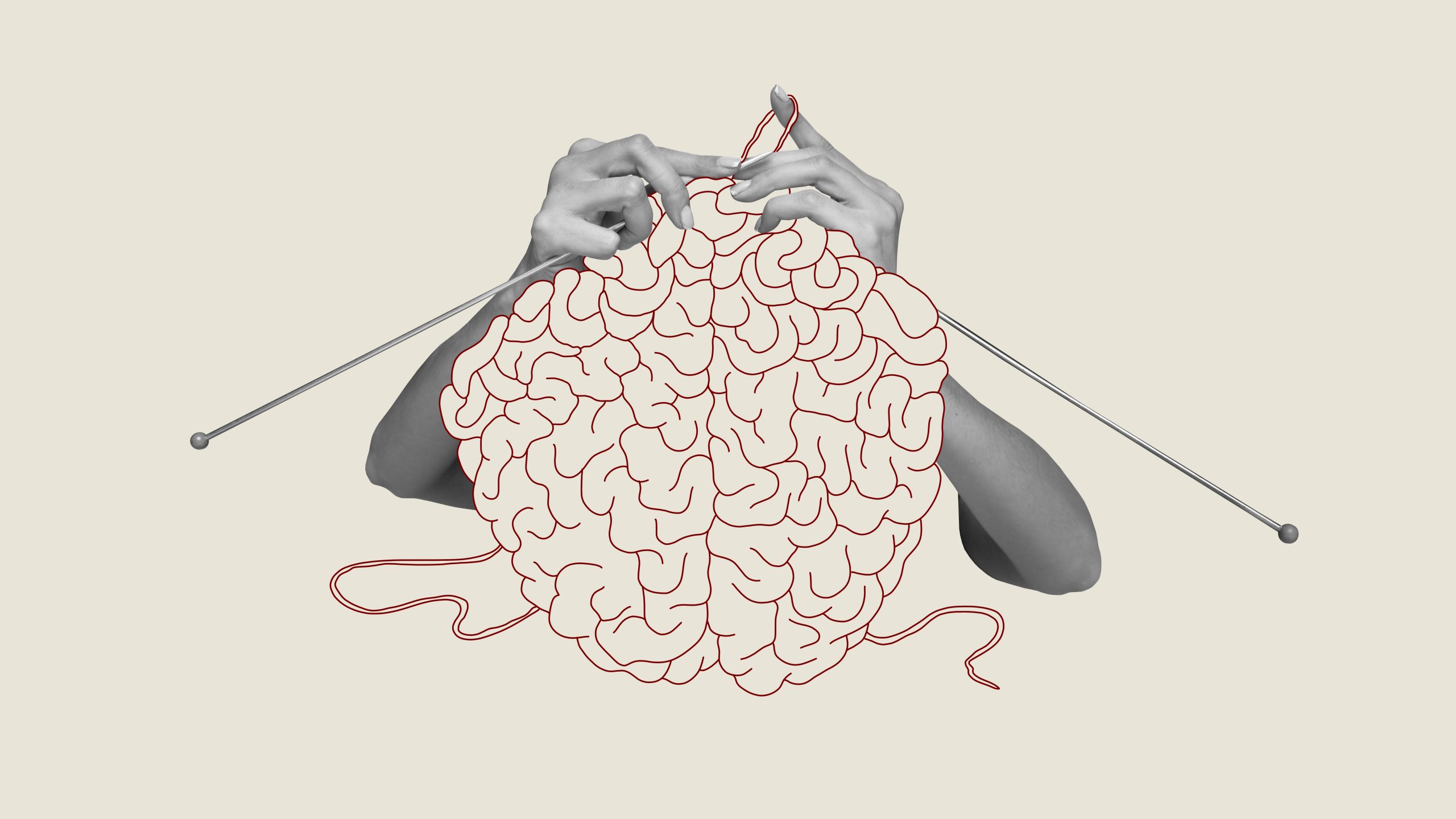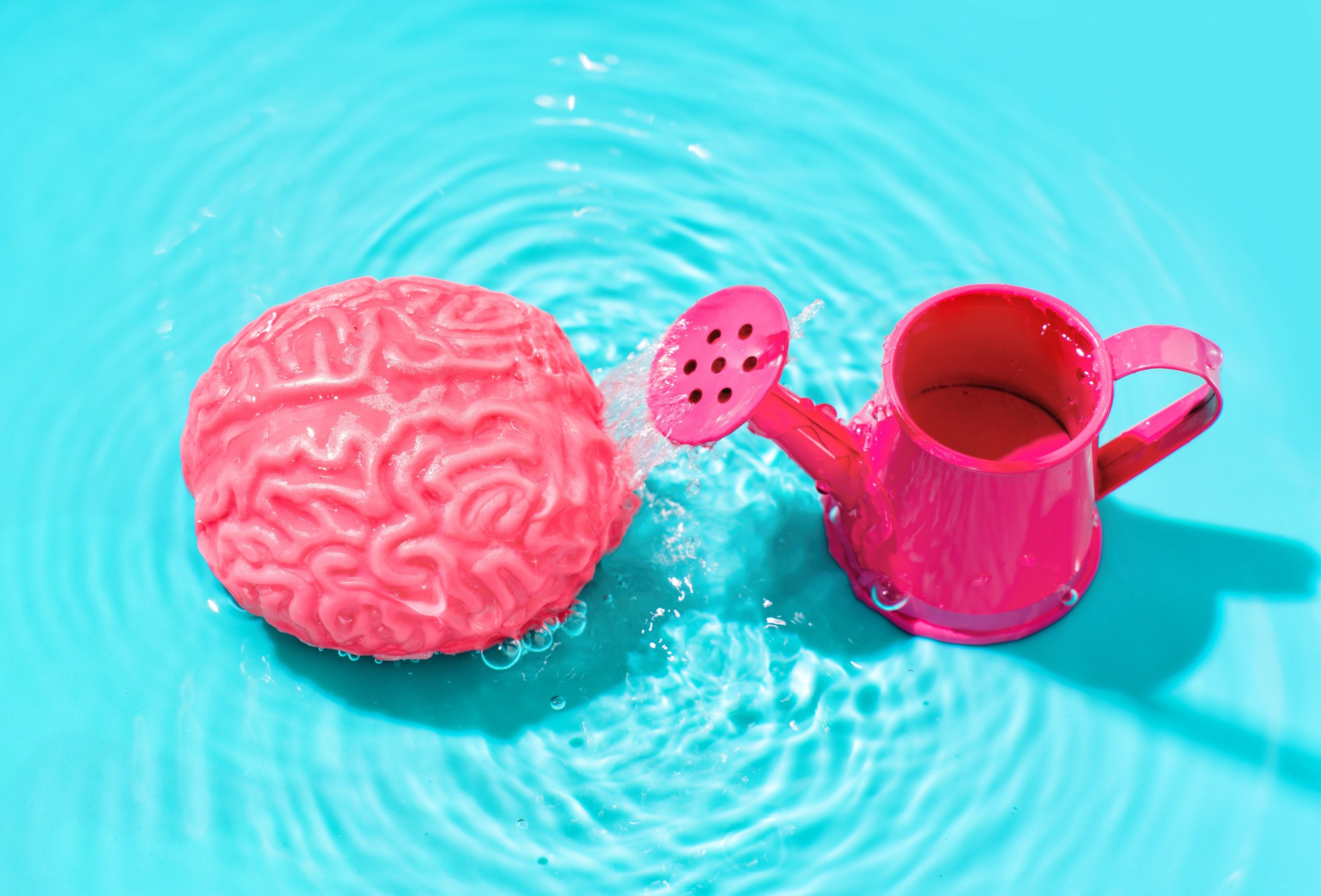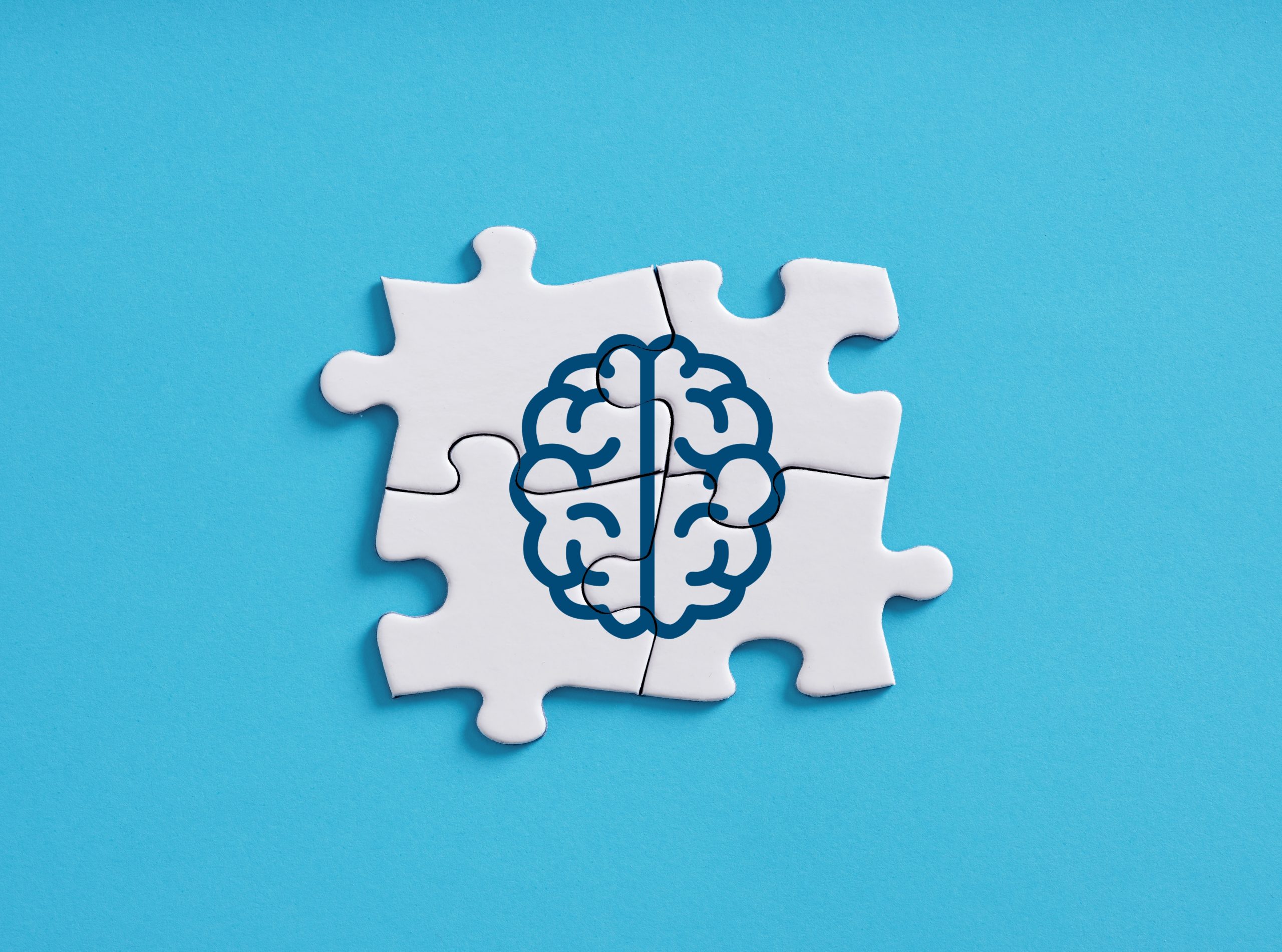Brain health and mental health are deeply intertwined, and nurturing one can positively impact the other. Our brain is the control center of our body, responsible for regulating our thoughts, emotions, behaviors, and overall mental well-being. In this article, we will explore the connection between brain health and mental health and discuss the importance of taking care of both for optimal well-being.
- Brain Structures and Mental Health: The structure and functioning of our brain directly impact our mental health. Different regions of the brain play a role in regulating emotions, cognition, and behavior. For example, the prefrontal cortex is involved in decision-making and emotional regulation, while the amygdala is associated with fear and emotional responses. Imbalances or abnormalities in these brain structures can contribute to mental health conditions like depression, anxiety, or mood disorders.
- Neurotransmitters and Mental Health: Neurotransmitters are chemical messengers in the brain that facilitate communication between neurons. Imbalances in neurotransmitter levels, such as serotonin, dopamine, and norepinephrine, can affect mood, emotions, and overall mental well-being. For instance, low levels of serotonin are associated with depression, while imbalances in dopamine can contribute to conditions like schizophrenia or addiction.
- Brain Plasticity and Mental Resilience: The brain has an incredible ability to adapt and reorganize itself, known as neuroplasticity. This plasticity allows the brain to form new neural connections, rewire existing ones, and adapt to changing circumstances. By engaging in activities that promote brain health, such as learning, physical exercise, and mindfulness, individuals can enhance their brain’s plasticity and build mental resilience, improving their ability to cope with stress and challenges.
- Inflammation and Mental Health: Inflammation in the brain, often referred to as neuroinflammation, has been linked to various mental health conditions. Chronic inflammation can negatively impact brain function and contribute to the development of disorders like depression, anxiety, and neurodegenerative diseases. Promoting brain health through a healthy diet, regular exercise, and stress management can help reduce inflammation and support mental well-being.
- Brain Health and Cognitive Function: Maintaining brain health is crucial for cognitive function, including memory, attention, and problem-solving abilities. Age-related cognitive decline, such as in dementia or Alzheimer’s disease, can significantly impact mental health and overall quality of life. Engaging in activities that promote brain health, such as puzzles, reading, and learning new skills, can help preserve cognitive function and support mental well-being.
- Sleep and Mental Health: Sleep plays a vital role in brain health and mental well-being. Adequate sleep allows the brain to rest, consolidate memories, and regulate emotions. Chronic sleep deprivation or poor sleep quality can increase the risk of mental health conditions, including depression, anxiety, and mood disorders. Prioritizing good sleep hygiene and adopting healthy sleep habits is essential for maintaining both brain health and mental well-being.
- Stress and Brain Function: Chronic stress can have detrimental effects on the brain and mental health. Prolonged exposure to stress hormones like cortisol can lead to structural changes in the brain, impair memory and concentration, and contribute to mental health disorders. Managing stress through relaxation techniques, mindfulness, and seeking support can protect brain health and promote mental well-being.
- Social Connections and Brain Health: Social connections and engagement are vital for brain health and mental well-being. Strong social relationships contribute to cognitive stimulation, emotional support, and a sense of belonging. Loneliness and social isolation, on the other hand, can have negative effects on brain health and increase the risk of mental health conditions. Nurturing meaningful relationships and participating in social activities can promote brain health and support mental well












